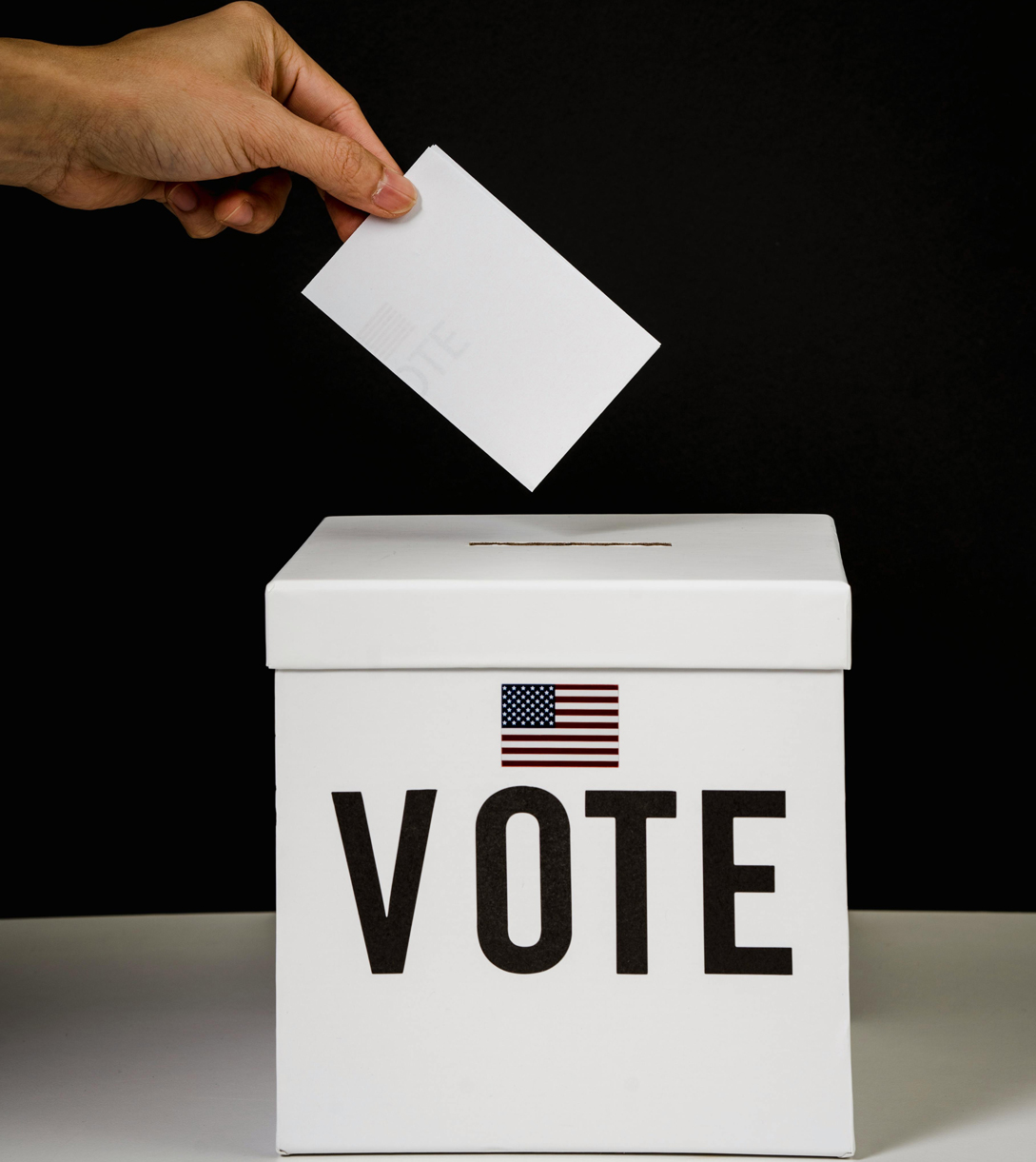Citizens with disabilities can exercise their right to vote
Much progress has been made to ensure that our citizens with disabilities can exercise their right to vote. For example, accessibility at polling places has been improved, alternative voting methods like mail-in or online voting are becoming more widely available, and accommodations such as braille ballots or sign language interpreters have been implemented. These efforts are crucial in promoting inclusivity and equal participation in elections.
Nonetheless, challenges persist. Beyond the physical obstacles to voting, discrimination, attitudinal barriers, and misinformation can also hinder participation.
People with disabilities, even cognitive or resultant of mental illness, have the fundamental right to vote, just like every other citizen. New Jersey law specifically provides that a person retains the right to vote unless a court adjudicates that person to lack the capacity to understand the act of voting. Therefore, the appointment of a guardian does not automatically abolish a person’s right to vote.
As we head into election season, everyone should have a plan to vote. Attached is a checklist for voters to use to make certain they are able to exercise this constitutional right.


